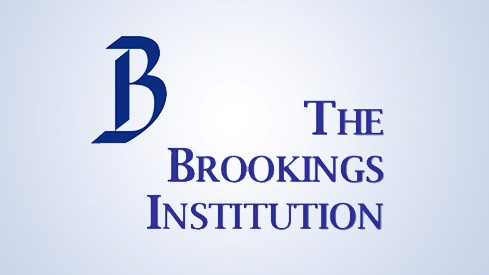Highlighting skills in your resume to show what you’re capable of doing can be challenging. What even counts as a valuable, resume-worthy skill? Experience can come from anywhere including the classes you took at Lawrence. Here are some examples of how to showcase skills you’ve already developed thanks to your classes and incorporate them into your resume.
Western Blot: An analysis used to detect specific proteins in a sample of tissue homogenate or extract. Sample resume phrase: Performed Western Blot to detect CD19 scFv protein.
R Studio: A programming language for statistical computing and graphics. This is introduced in BIOL 170, and CMSC 205 goes into greater depth about other applications of R. Sample resume phrase: Performed and analyzed statistical tests using R.
UV-VIS: A measurement of the weakening of strength of a beam of light after it passes through a sample or after reflection from a sample surface. Sample resume phrase: Determined Mg content in water samples using UV-VIS.
Arduino: A microcontroller board equipped with sets of digital and analog input/output pins that can be connected to other circuits and programmed to do certain things. You can learn how to use it in PHYS 220, an electronics lab class. Sample resume phrase: Coded Arduino Uno to stabilize a plastic boat for group project; presented results of project to class.
Python: A programming language also used to visualize data. Classes like PHYS 220 and PHYS 225 provide a basic overview on how use Python to create graphs and analyze data. Sample resume phrase: Used Python to graph data collected for experiments.
Julia Ammons ’22 is a Biology major and Anthropology minor with interests in the natural sciences and museum studies.
Raisa Fatima ’23 is a Physics major with interests in research related to Physics and/or engineering.

